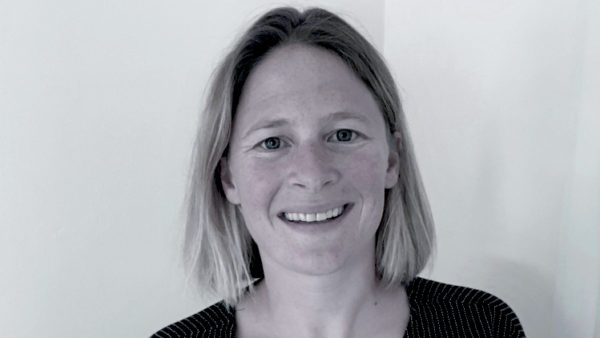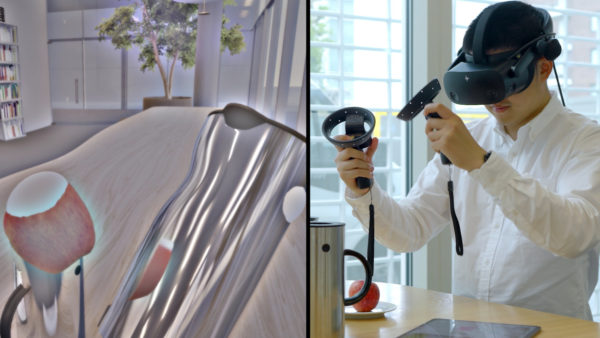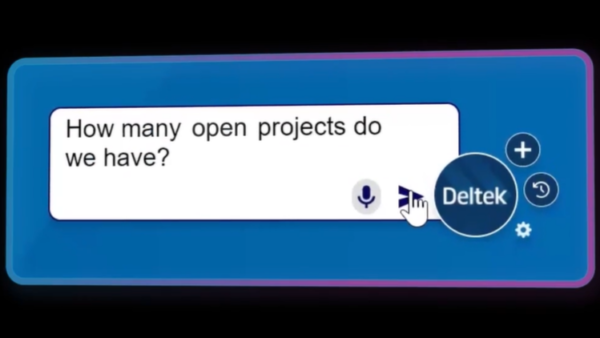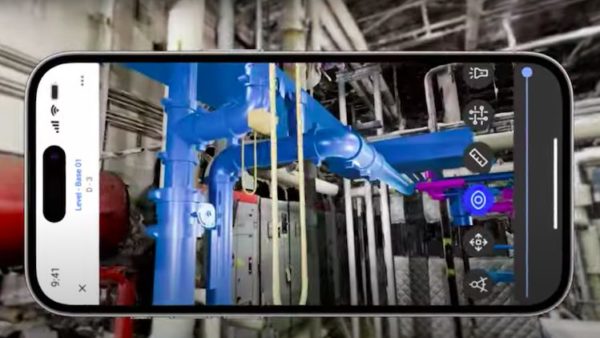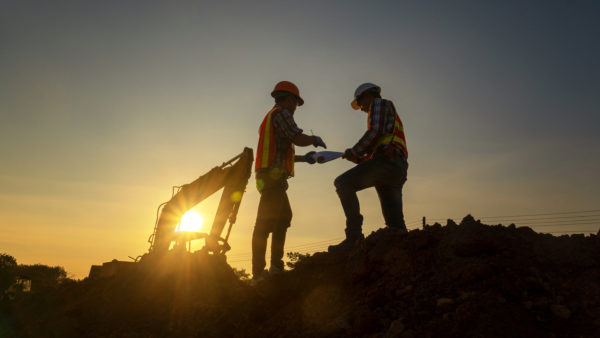Aecom has launched a “Natural Capital Laboratory” to demonstrate the benefits of rewilding, while testing and showcasing tech-based means of environmental monitoring.
The consultant, which says the lab is the first of its kind, will work with landowners and conservation charity The Lifescape Project on the 100 acre site near Loch Ness.
The principal aim of the project is to develop the rewilding of the local area, creating natural conditions that support ancient Caledonian forest. The consultant estimates replanting the whole site would store around 550 tonnes of CO2 every year.
Rare and endangered indigenous species, including the rare Scottish Wildcat, will be supported or reintroduced as a priority. Red squirrel, pine martins and mountain hares have already been seen on the site, which is mostly commercial forestry at present.
Use of drones and AI
As a secondary objective, Aecom is planning to design and test experimental techniques for measuring and communicating the environmental and social benefits that result from the rewilding work, including technologies such as drones, AI, virtual reality and satellites.
Aecom’s director for sustainability, Robert Spencer, said: “Primarily, the Natural Capital Laboratory is about restoring a stunning slice of the Scottish Highlands back to what it was. But we also see this live laboratory as a way to demonstrate the value of conserving and enhancing ecosystems, including benefits to wellbeing, health and economic prosperity. We expect this will affect real change among businesses and organisations with significant land assets and encourage wider uptake of natural capital thinking.”
Aecom’s aim for the Natural Capital Laboratory, is partly to create a “real-world” practical demonstration of ways to apply natural capital accounting. The project will measure things like job creation, skills development and opportunities for volunteering and building communities and it will look for new technological ways of measuring the benefits.
Fast-evolving technologies
Principal environmental economist for Aecom, Chris White, added: “The laboratory allows Aecom to test and trial fast-evolving technologies in environmental monitoring so that we can prove what works before asking our clients to invest and embrace new techniques on their projects.
“Environmental consultancy work is becoming increasingly data driven. Armed with an array of new technologies, we want to push forward digital transformation by collating a richness of data that could bring major efficiencies to this type of work.”
The consultant will use approaches such as virtual and augmented reality, audio soundscapes and work with artists to demonstrate possible futures for the landscape.
The focus for the first year of the project will be to undertake baseline surveys of the site, including habitat surveys, environmental DNA analysis, species population assessments and water quality monitoring, which will feed into the first set of natural and social capital accounts.
Image: Location of the laboratory near Loch Ness.








